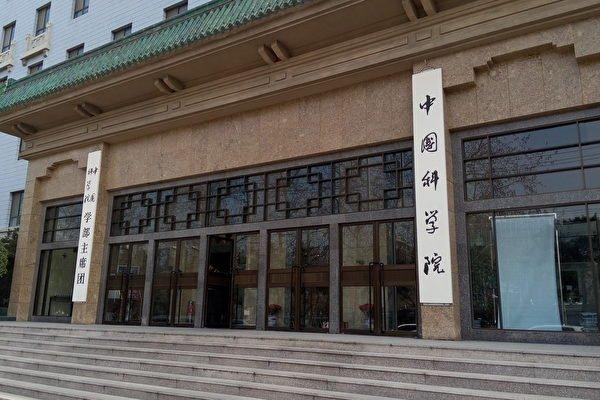At least ten aging Marxist theorists and professors in China have died one after another in the two-month period from Jan. 3 to March 2, including Jin Huiming, a member of the China Academy of Social Sciences (CASS) and former director of the Theory Bureau of the Propaganda Department of the Chinese Communist Party (CCP); Xu Chongwen, a member of the CASS and an expert in the history of Marxist philosophy; and Cui Guitian, director of the Institute of Contemporary Socialism at Shandong University.
Jin Huiming, 89, the former director of the Theory Bureau of the Propaganda Department and former director of the Institute of Marxism-Leninism-Mao Zedong Thought, died on March 1 in Sanya City due to illness.





